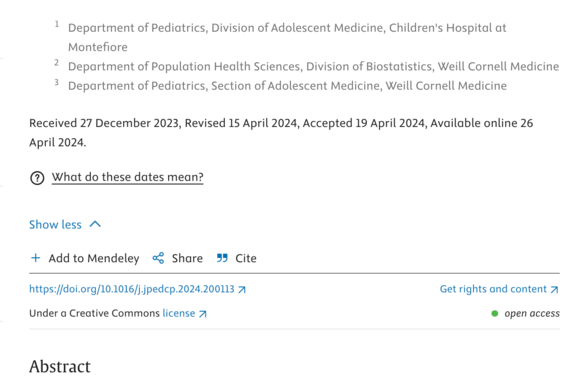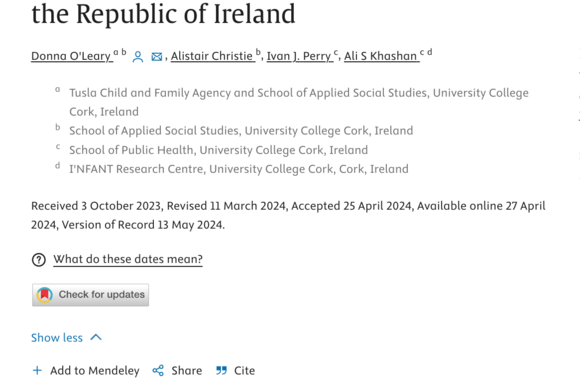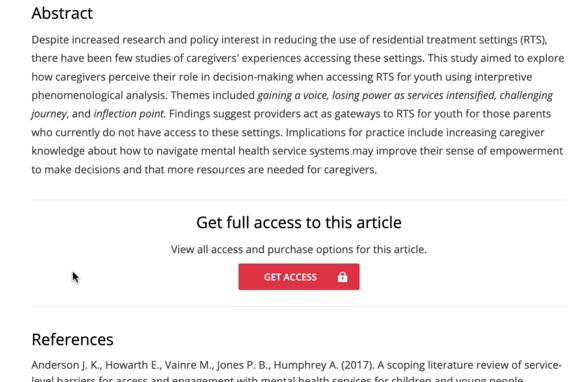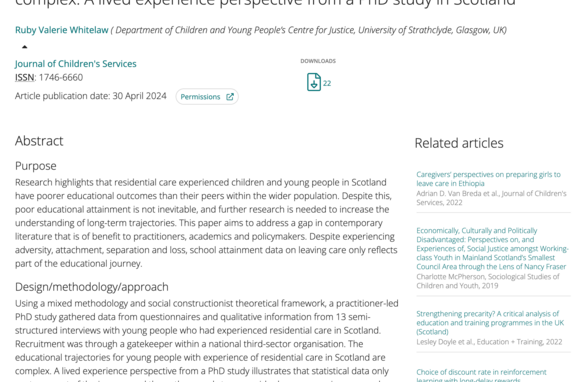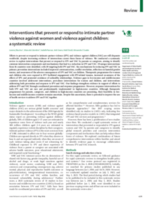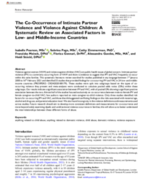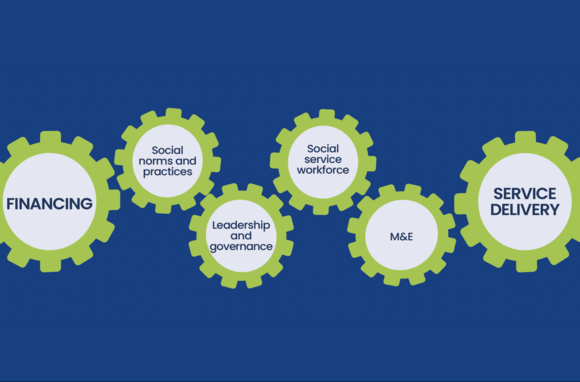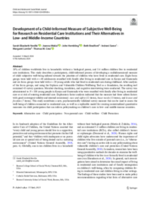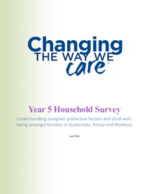In Sync or Out of Tune? How Do Differences in Adolescent and Caregiver Reports of Adolescent ACEs Relate to Adolescent Depression?: A Cross-Sectional Study
The purpose of this U.S.-based study was to compare adolescent and caregiver reports of adolescent adverse childhood experiences (ACEs) and their relationship with current adolescent depression and to analyze the relationship between ACEs and depression.

